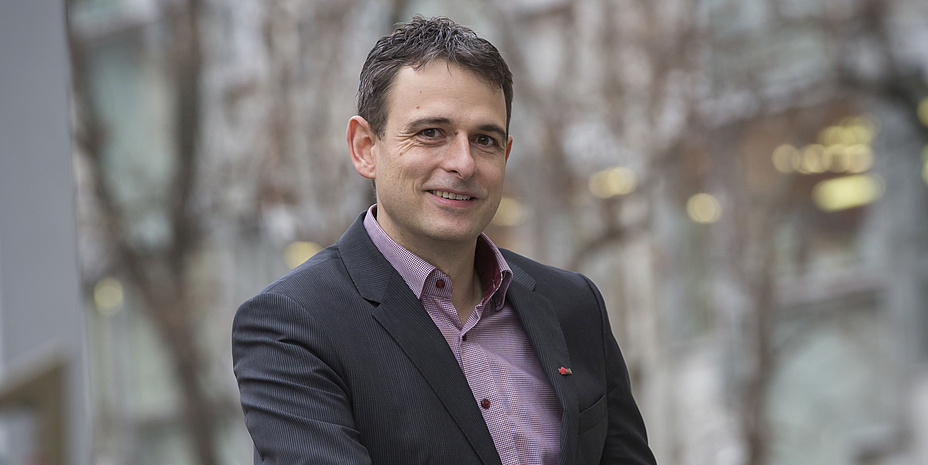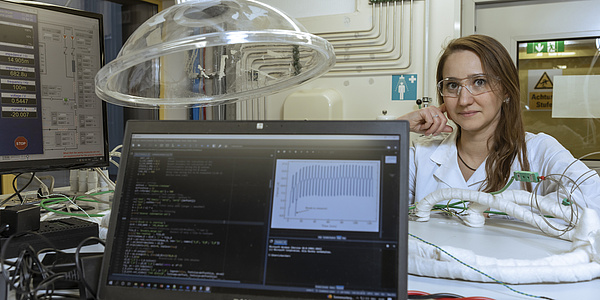”This isn’t the time to rest on our laurels.”

In 2018, as part of an international team, his working group discovered the Meltdown and Spectre security vulnerabilities. He will be responsible for research at the new Cybersecurity Campus Graz from 2019.
News+Stories: Is it even possible to make a system secure?
Stefan Mangard: It’s easy to feel a sense of resignation at the major flaws that come up time and again. Why should I invest in security when everything is being hacked anyway? Isn’t it enough to react quickly and patch up any flaws? No! I don’t think that’s sufficient. In the area of security, there is no time to rest on our laurels. For us it’s only just the beginning.
In what areas is this topic particularly important at the minute?
Mangard: The Internet of Things is posing some major challenges. More and more sectors are working on networked products, but often they don’t have the comprehensive security expertise they need. We have to offer these companies easy-to-handle and secure systems from the ground up that don’t have to be configured and secured first.
What is security’s biggest enemy at the moment?
Mangard: Our biggest problem is that we can’t measure security. I can invest heaps of money and still not have the feeling of really having gained anything. If you make a system faster, for example, that’s very easy to measure. In our field, we always need pressure from the market before we actually implement new technologies across the board.
Does that mean every major hack brings you a step closer to creating a secure world?
Mangard: Yes, because that creates awareness that something needs to be done. There might be some very good technological solutions out there, but they’re often not used because people think they are unnecessary.
What’s your personal approach as far as cybersecurity is concerned?
Mangard: As a researcher I am more sensitive and more careful about what apps I install and how they use my data. But at the same time I’m aware that my mobile and PC aren’t perfect.
Kontakt
Stefan MANGARD
Univ.-Prof. Dipl.-Ing. Dr.techn.
Institute of Technology and Testing of Construction Materials
Inffeldgasse 16a
8010 Graz
Phone: +43 316 873 5531
stefan.mangard@tugraz.at




